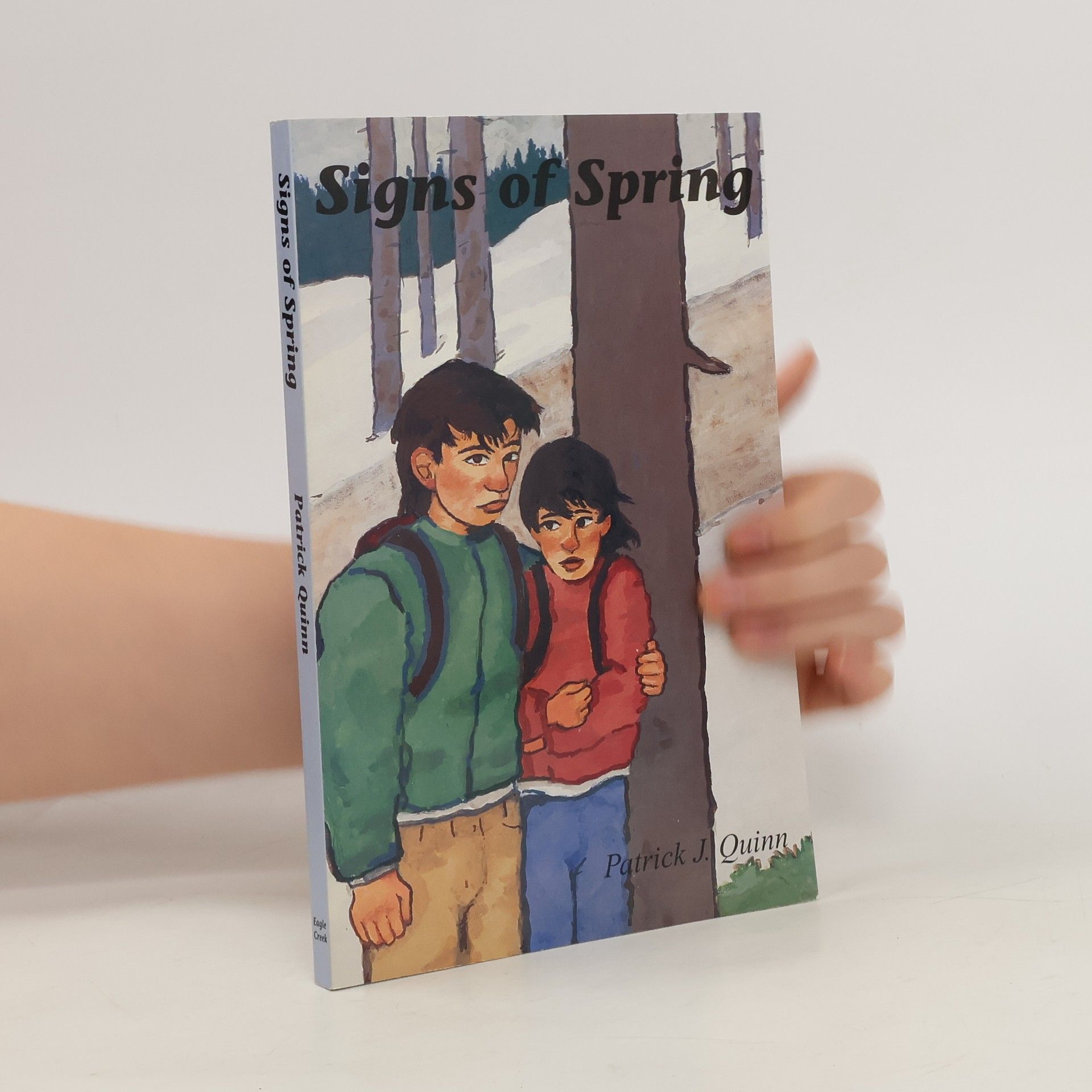Signs of Spring
- 152pages
- 6 heures de lecture
Deep in the Minnesota north woods, twelve-year-old hearing-impaired Eddie learns the true meaning of home and gains knowledge of his Indian culture from his great-grandfather.
Cet auteur explore les complexités des relations humaines et les dilemmes éthiques. Ses œuvres sont célébrées pour leurs aperçus pénétrants de la psychologie des personnages et leur prose captivante. Les lecteurs apprécient la profondeur de leurs récits et leur approche qui pousse à la réflexion. L'écriture incorpore souvent des éléments d'ironie et de subtil commentaire social.


Deep in the Minnesota north woods, twelve-year-old hearing-impaired Eddie learns the true meaning of home and gains knowledge of his Indian culture from his great-grandfather.
Bar Keeps: A Collection of California’s Best Cocktail Napkins highlights the colorful and fun cocktail napkins from California’s famous restaurants, hidden dives, and most beloved bars.Bar Keeps: A Collection of California’s Best Cocktail Napkins is a fun and fabulous tour through the cocktail napkins of the golden state. Hundreds of images of vintage cocktail napkins will surprise and delight anyone who is a fan of cocktail culture, roadside diners, hidden dives, tiki bars, and more. Collector Patrick Quinn highlights some of the most unique and interesting napkins he’s brought together over years of enthusiastic searching. Bar Keeps: A Collection of California’s Best Cocktail Napkins is the perfect book for any coffee table or bar top in town!